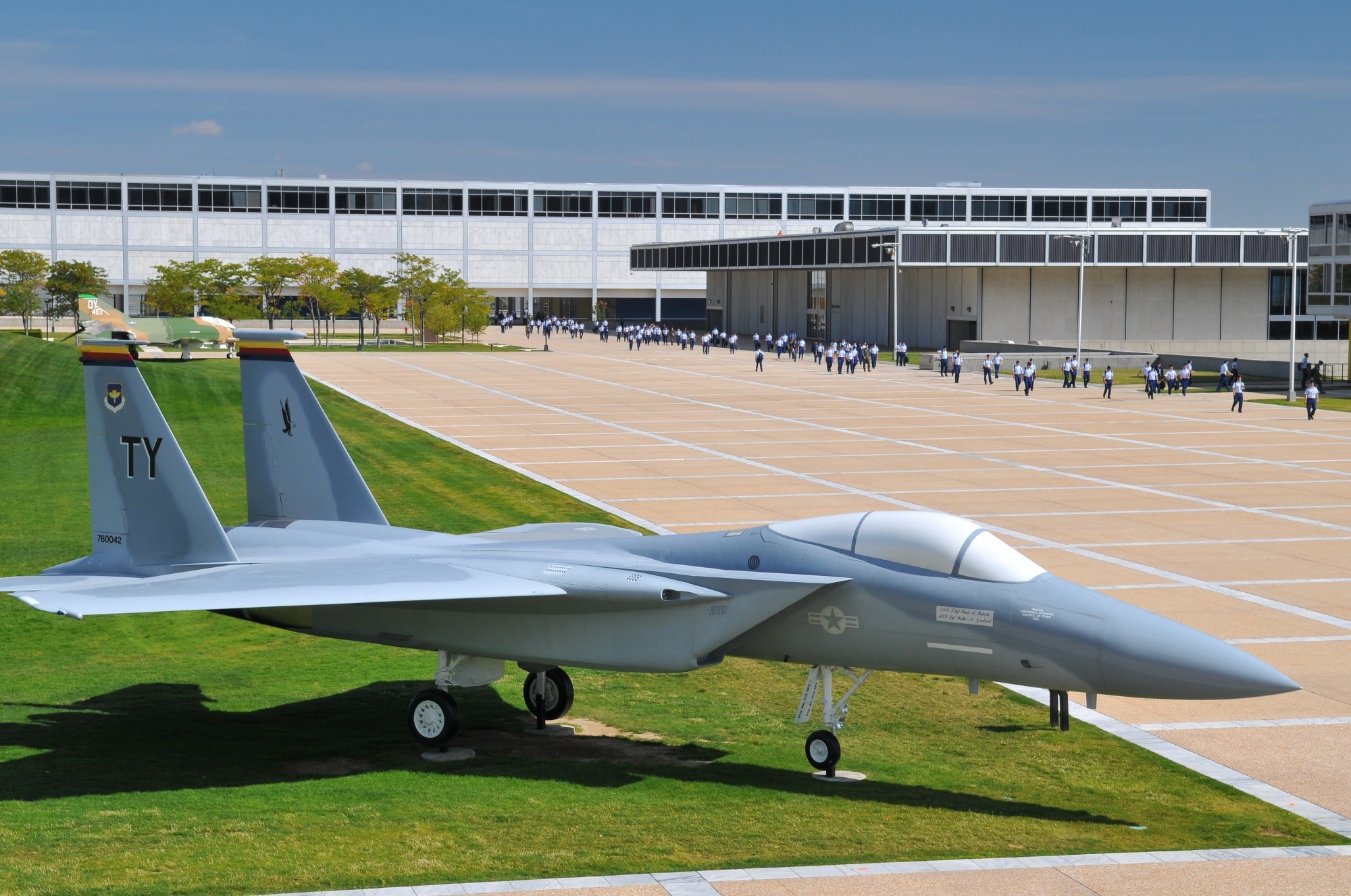The findings indicate that cadets who remained conscious and passed the test had better nutrition knowledge and were more physically active; these learnings have applications in improving training and test outcomes for cadets in the coming years.
 Study: Physical strength, body composition, and G-test results of air force cadets based on nutrition knowledge differences. Image Credit: John Hoffman/Shutterstock.com
Study: Physical strength, body composition, and G-test results of air force cadets based on nutrition knowledge differences. Image Credit: John Hoffman/Shutterstock.com
Background
Research in sports nutrition and training has applications in military training and nutritional management to maintain optimal physical and mental functioning while preventing disease. This requires an interdisciplinary approach that includes exercise, rest, recovery, and diet.
Soldiers in the Air Force work under extreme physiological stress in aerial environments, where they may suffer from hypoxia, hearing loss, flight illusion, cognitive dissonance, and gravity-induced loss of consciousness (G-LOC).
Enduring G-tests requires adequate nutrition and physical strength, but further understanding is required of how physical activity and strength can be improved among Air Force cadets.
About the study
Participants in the study were male senior cadets at the Air Force Academy in the Republic of Korea who took the G-test in 2022.
Those who were injured or unwilling to participate were excluded from the study. All sampled participants followed the same training, sleep, meal, and work schedules.
The G-test involved participants sitting in a cockpit-style seat of a high-speed centrifugal motion gondola for 30 seconds at an acceleration of 5 G.
Losing consciousness before 30 seconds meant failing the test. Based on their test results, participants were divided into those who passed the 30 s G-test (GP) and those who failed (GF).
Body strength was measured three months before the G-test, while body composition was assessed five days prior on an empty stomach. The strength test included a three-kilometer run, sit-ups, and push-ups.
Participants were asked to avoid high-intensity activities and sleep sufficiently on the previous day. Measures taken included skeletal muscle mass, body fat percentage, body fat mass, body mass index, height, and weight.
Participants also completed questionnaires assessing their physical activity levels and knowledge of nutrition-related topics. The data were analyzed using independent sample t-tests and logistic regressions at a significance level of 5%.
Findings
Of the 105 male cadets who participated in the study, those who passed the G-test weighed, on average, 3.5 kg more than those who failed and had a slightly higher BMI (24.05 compared to 23.08 on average).
Skeletal muscle mass, though higher in the GP group, was not significantly different. Similarly, GP cadets had lower body fat mass and body fat ratio, but the difference was not significant.
Cadets who passed were more physically active, working out for 22.2 minutes daily and 1.1 more reps each week on average. However, they did not perform significantly better in the physical strength evaluation.
Cadets in the GP group performed significantly better in the general nutrition knowledge questionnaire, with an overall score of 6.6 points higher on average.
The logistic regression showed significantly higher results for two sections (daily recommendation and food group) out of the four in the test questionnaire.
There were no significant differences for the sections on healthy food choices and diet, disease, and weight associations.
Conclusions
Cadets who passed the G-test were significantly different in terms of their weight and BMI, with indications that higher skeletal muscle mass and lower body fat mass may be beneficial during the test.
Specifically, higher muscle mass may facilitate better blood supply to the brain and prevent cadets from losing consciousness during the G-test. This indicates the need for a program design that balances aerobic and muscle training.
The GP cadets were also more physically active and more knowledgeable on nutrition-related topics.
While their food intake, energy metabolic rate, and activity were not measured, and how this knowledge translates into practice could not be observed, previous research indicates that people who understand nutrition benefits make more informed health decisions in terms of dietary intake. The authors recommend the introduction of a nutrition education program at the academy to address this.
The findings indicate that nutritional knowledge and overall physical condition promote better performance at an acceleration equivalent to five times that of the Earth’s gravitational pull.
In addition to continuous technological research, systematic nutrition management and education can improve and maintain optimal body composition, improving health outcomes under extreme physiological stress in aerial environments.